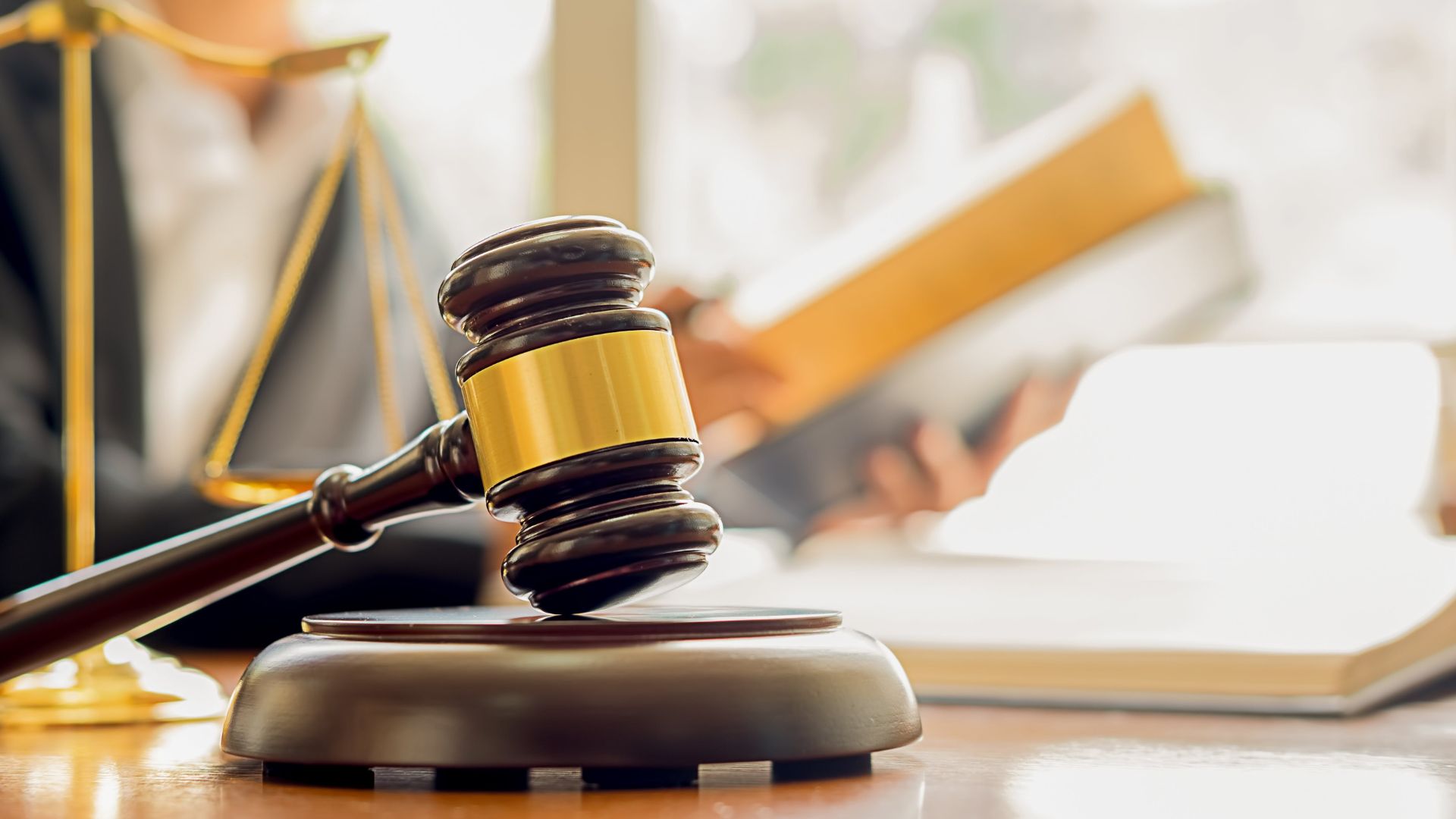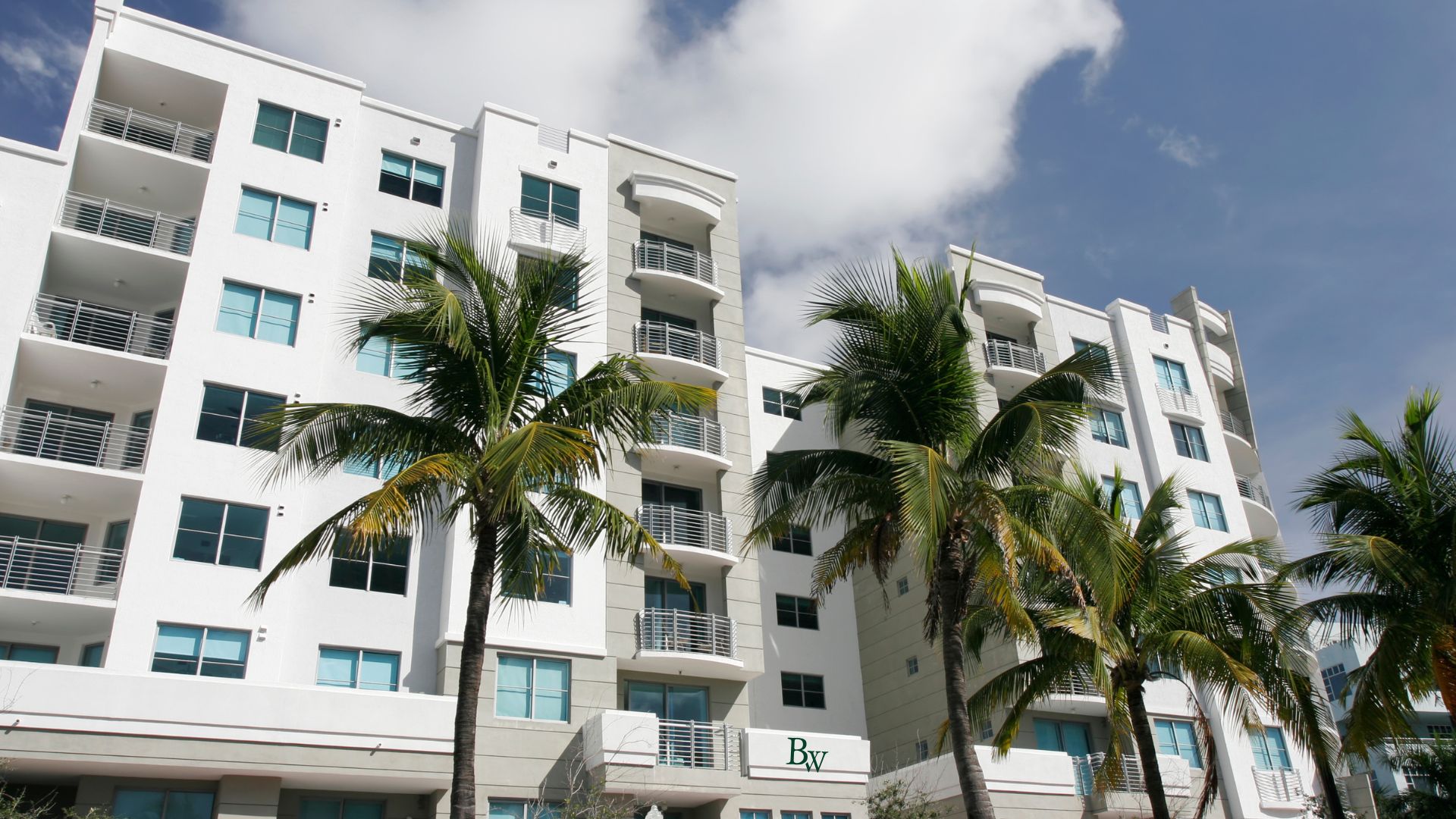
When a person passes away, one of the first questions their family faces is how to legally transfer their property. A common misconception is that everything must go through a long and public court process. In reality, Florida law divides a person’s estate into two distinct categories: probate assets and non-probate assets.
Understanding this difference is the key to managing an estate and is a fundamental part of estate planning. Probate is the court-supervised legal process of identifying a decedent’s assets, paying their valid debts, and distributing the remaining property to the rightful heirs.
So, what assets are subject to probate in Florida? The answer depends entirely on how an asset was owned (or “titled”) at the moment of death.
What Assets ARE Subject to Probate in Florida?
A probate asset is any asset that was owned solely in the decedent’s individual name at the time of their death, and which did not have a designated beneficiary or a joint owner with survivorship rights.
These assets are essentially “stuck” in the decedent’s name. The only legal way to un-stick them and transfer ownership to an heir is with a court order, which is the entire purpose of the probate process.
Common examples of probate assets include:
- Real Estate in the Decedent’s Sole Name: A house, condo, or piece of land titled only in the name of the person who died. (Note: Florida’s Homestead property has special protections and rules, but it still must go through a probate process to legally transfer the title.)
- Individual Bank or Brokerage Accounts: A checking, savings, or investment account with no designated “Payable on Death” (POD) beneficiary and no joint owner.
- Personal Property: Tangible items like cars, boats, furniture, art, and jewelry that are titled only in the decedent’s name or have no formal title.
- Life Insurance Policies or Retirement Accounts Payable to the Estate: If the decedent failed to name a beneficiary, or if they named “The Estate of [My Name]” as the beneficiary, the proceeds become a probate asset.
What Assets Bypass Probate (Non-Probate Assets)?
Non-probate assets pass directly to a new owner or beneficiary by “operation of law,” without the need for court intervention. This is the legal answer to the common question, “how to avoid probate in Florida“—these assets are structured to have an automatic, pre-determined transfer upon death.
A will has no effect on these assets.
The most common types of non-probate assets are:
- Property in a Living Trust: Assets (homes, bank accounts, etc.) that were properly titled in the name of a Revocable Living Trust pass to the beneficiaries according to the rules of the trust, completely outside of probate.
- Jointly Owned Property with “Rights of Survivorship”:
- Tenancy by the Entirety (TBE): This is a special form of joint ownership available only to married couples in Florida. The property automatically passes to the surviving spouse.
- Joint Tenancy with Rights of Survivorship (JTWROS): When one joint owner dies, their share automatically goes to the surviving joint owner(s).
- Accounts with Beneficiary Designations: This is the simplest way to avoid probate for financial accounts.
- Life Insurance Policies & Annuities: The death benefit is paid directly to the beneficiaries named on the policy.
- Retirement Accounts: IRAs, 401(k)s, and pensions are paid directly to the designated beneficiaries.
- “Payable on Death” (POD) or “Transfer on Death” (TOD) Accounts: These are bank accounts (POD) or brokerage/stock accounts (TOD) where the owner has filed a form with the financial institution to name a specific person to inherit the account.
Why This Difference Is So Important
- For Personal Representatives: Your legal authority as a Personal Representative only extends to the probate assets. You are not responsible for, and cannot control, the life insurance policy that was paid directly to a beneficiary.
- For Paying Debts: Probate assets are what must be used to pay the decedent’s final debts, taxes, and administrative expenses.
- For Estate Planning: A will only controls your probate assets. You cannot use your will to override a beneficiary designation on a life insurance policy or a joint tenancy on a home.
If you are managing an estate and are unsure which assets are subject to probate, our team can provide clarity and guide you through the administration process. Visit our Probate Attorney page for more information and to inquire for a consultation.
Disclaimer: The information and opinions provided are for general educational, informational or entertainment purposes only and should not be construed as legal advice or a substitute for consultation with a qualified attorney. Any information that you read does not create an attorney–client relationship with Barnes Walker, Goethe, Perron & Shea, PLLC, or any of its attorneys. Because laws, regulations, and court interpretations may change over time, the definitions and explanations provided here may not reflect the most current legal standards. The application of law varies depending on your particular facts and jurisdiction. For advice regarding your specific situation, please contact one of our Florida attorneys for personalized guidance.
Visit our legal department pages:
Real Estate Attorneys
Business Attorneys
Litigation Attorneys
Estate Planning Attorneys
Inheritance Attorney
Probate Attorney
Probate & Trusts
Trust • Experience • Results
Ready to Get Started?
Get started with Barnes Walker today.












